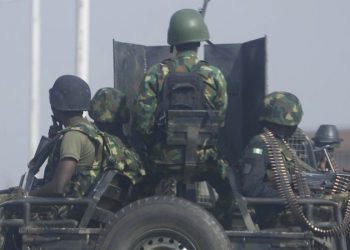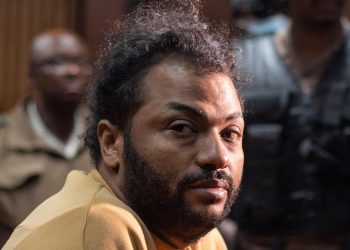Guinea is set to vote on a constitutional referendum this Sunday, with Mamadi Doumbouya backing significant changes to the country’s governance. If passed, the new constitution would not only reshape Guinea’s political structure but also give Doumbouya the right to run for president in the upcoming elections.
The Proposed Guinea Constitutional Referendum and Its Impact
The Guinea constitutional referendum aims to create a Senate alongside the current National Assembly, reshaping the country’s political framework. If successful, this move will also grant Mamadi Doumbouya the right to run for president, solidifying his control over the country’s future.
Many in Conakry have shown support for the referendum. Kadiatou Diaby, a market vendor, shared her confidence in Doumbouya, stating, “I really trust him. I’m going to vote, and my children are also going to vote.” This sentiment is echoed by many citizens, who see the referendum as a step toward stability.
Absence of Opposition Campaigns Amid Military Control
While the Guinea constitutional referendum has a strong backing from Doumbouya and his supporters, opposition campaigns are largely absent. The Guinea military junta has restricted opposition parties and suppressed independent media, leaving little space for dissent. The regime’s tight control has raised questions about the fairness of the referendum and future elections.
Despite these challenges, support for the referendum continues to grow in the capital. Citizens are largely accepting of the changes, with many feeling that a stable future under Doumbouya is worth backing.
The Senate Proposal: Empowering Guinea’s Rural Regions
One of the most talked-about elements of the Guinea constitutional referendum is the creation of a Senate. Fanta Conte, a member of Guinea’s National Transition Council, believes the Senate will empower rural regions, allowing them to have more representation at the national level.
The Senate would allow elected officials at the municipal and regional levels to select their representatives, further democratizing Guinea’s political landscape. It will also provide Guineans abroad with a voice, giving them the chance to participate in the country’s governance for the first time.
ECOWAS and International Pressure on Guinea’s Military Government
The proposed Guinea constitutional referendum has drawn the attention of ECOWAS, the West African regional bloc. ECOWAS has consistently called for a return to civilian rule in Guinea, urging Doumbouya to transition to democratic governance. However, the military regime has largely ignored these calls, reinforcing its grip on power.
The December Elections and Future of Guinea’s Political Landscape
Guinea is set to hold presidential elections in December. The constitutional referendum will likely play a key role in determining how the elections are conducted. With military control still firmly in place, questions about the legitimacy of both the referendum and the upcoming elections remain a point of contention.












